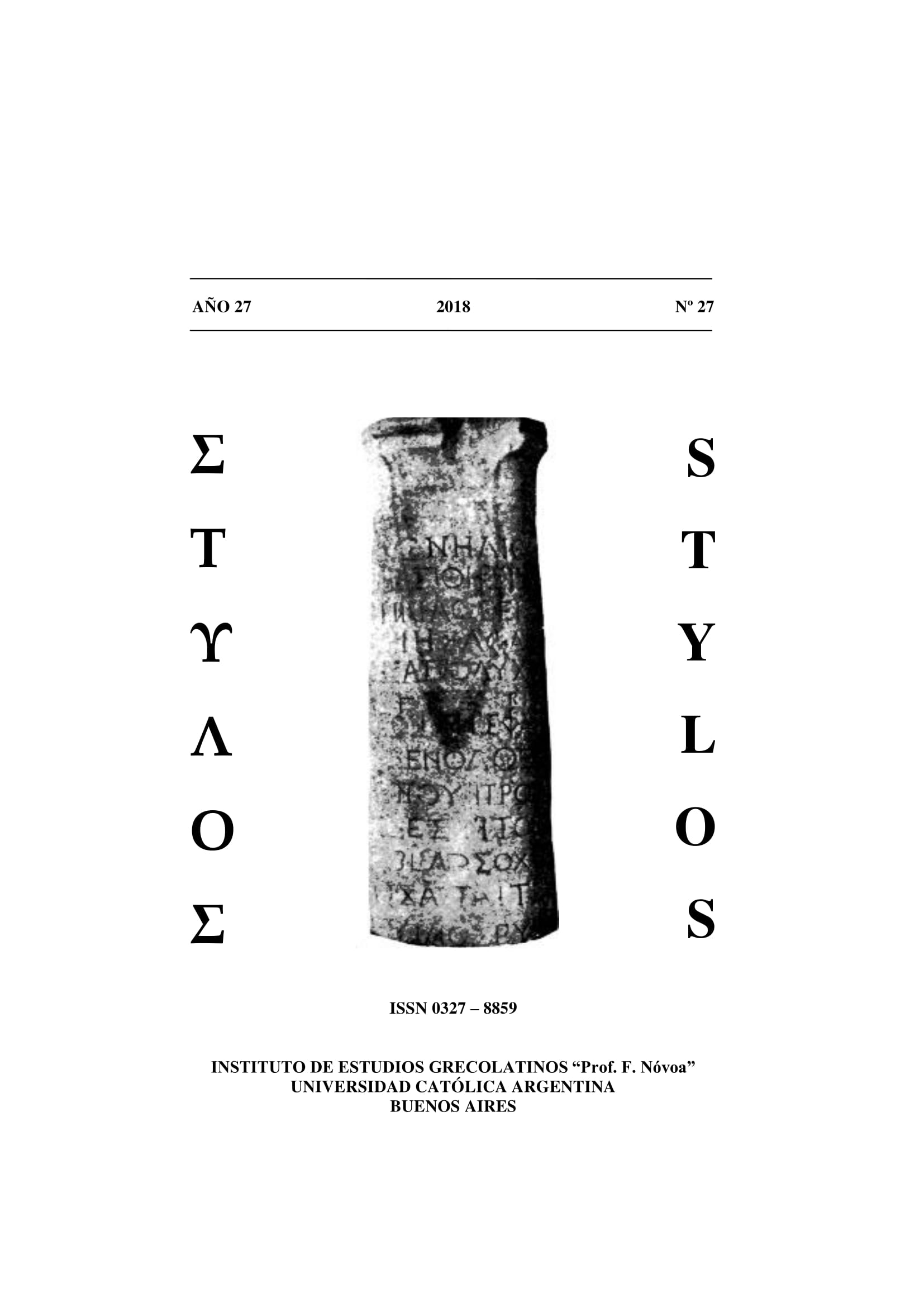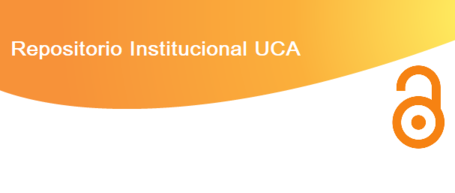LUCRECIO: EL ROL DE LA POESÍA EN LA PRÁCTICA TERAPÉUTICA EPICÚREA
Palabras clave:
Epicureísmo, Lucrecio, poesía, ejercicios terapéuticos.Resumen
Los deseos de riqueza, fama, poder o la inmortalidad del alma constituyen, según el epicureísmo, metas imposibles de alcanzar. Al no lograrlas, el alma se enferma y para curarla es necesario llevar a cabo ciertos ejercicios espirituales de forma continua: el cuádruple remedio está destinado a asegurar su salud. La lectura de los tratados dogmáticos del epicureísmo es imprescindible para desarrollar una disciplina de los deseos. Sin embrago, el conocimiento de la naturaleza -entendido como un brebaje amargo- necesita de algo dulce que le permita pasar el mal trago: para Lucrecio, la poesía es esa miel. De acuerdo con lo dicho, se pretende demostrar que, además de las argumentaciones que conforman el tetrafarmacon, i) el poema mismo es parte de la práctica terapéutica, ii) el lenguaje poético es capaz de proporcionar placer e iluminación a la hora de lograr una clara percepción de la verdad, y por lo tanto iii) influir en el alivio anímico.Descargas
Citas
ASMIS, ELIZABETH, 1995, "Epicurean Poetics", en D. Obbink (ed.), Philodemus and Poetry. Poetic Theory and Practice in Lucretius, Philodemus, and Horace, Oxford University Press, Oxford, pp. 15-34.
ARMSTRONG, DAVID, 1995, “The Impossibility of Metathesis: Philode-mus and Lucretius on Form and Content in Poetry”, en D. Obbink (ed.), Philodemus and Poetry. Poetic Theory and Practice in Lucretius, Philodemus, and Horace, Oxford University Press, Oxford, pp. 210-232
BOERI, MARCELO; LENA BALZARETTI, coords. Epicuro. Vida. Doctrina. Testimonios. Edición bilingüe. Rosario: HyA Ediciones, 2002.
CAPPELLETTI, Á., 1987, Lucrecio. La filosofía como liberación. Venezuela: Monte Ávila Editores.
GARCÍA GUAL, CARLOS. 2002a. Epicuro. Madrid: Alianza.
FOUCAULT, M., 2008. La hermenéutica del sujeto (trad. H. Pons). Buenos Aires: Fondo de Cultura Económica.
HADOT, PIERRE. (1993) Exercices Spirituels et Philosophie Antique, Albin Michel, Paris.
———. (1995). Qu’est-ce que la philosophie antique?, Gallimard, Paris.
LONG, A. A., Y SEDLEY, D. N., 1987, The Hellenistic philosophers. Cam-bridge: Cambridge University Press, 2 vols.
LUCRECIO CARO. (1981). De la naturaleza de las cosas, trad. René Acuña, UNAM, México
LUCRECIO CARO. (1984) De la naturaleza de las cosas, trad. Abate Marchena, Hyspamérica Ediciones, Buenos Aires.
NUSSBAUM, M. “Argumentos terapéuticos” en La terapia del deseo, Paidós, Barcelona, 2003.
OBBINK, DIRK (ed.), 1995, Philodemus and Poetry: Poetic Theory and Practice in Lucretius, Philodemus, and Horace, Oxford University Press, New York.
SCHOFIELD, MALCOLM & STRIKER, GISELA (comp.) (1993). Las Normas de la Naturaleza. Estudios de ética helenística. Bs. As.: Ediciones Manantial.
VALENTÍ FIOL, EDUARDO. (1949). Lucrecio, Labor, Barcelona.
Descargas
Publicado
Cómo citar
Número
Sección
Licencia






